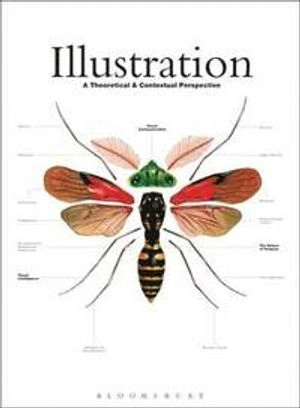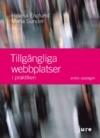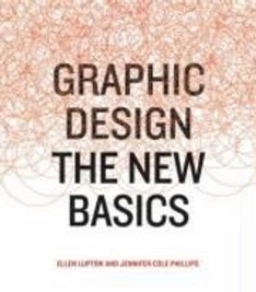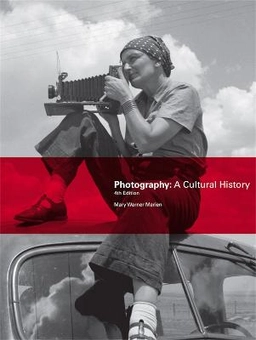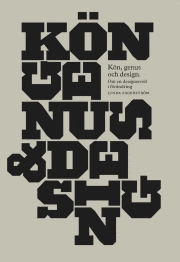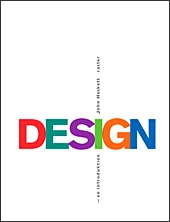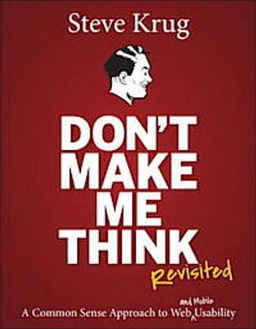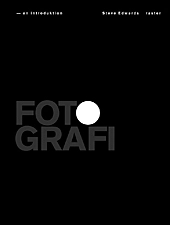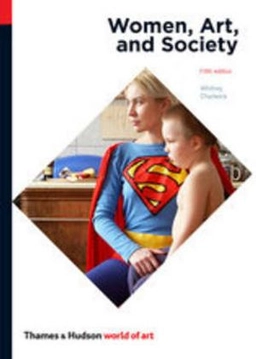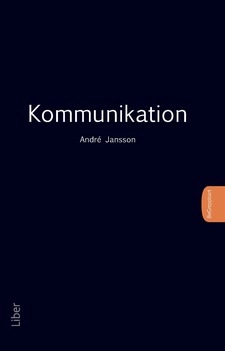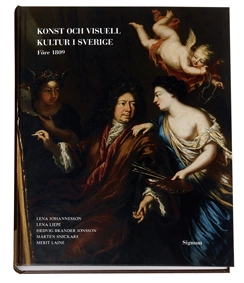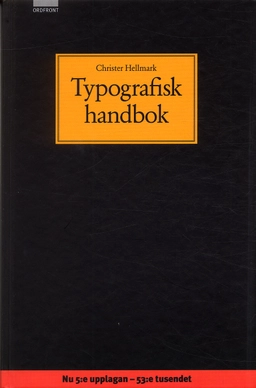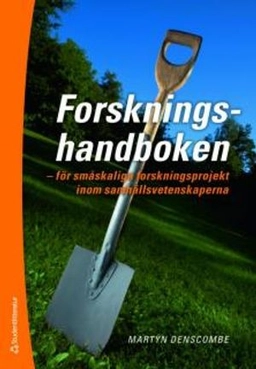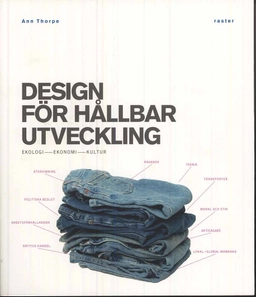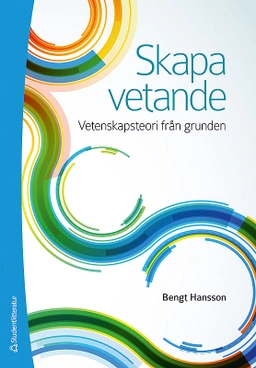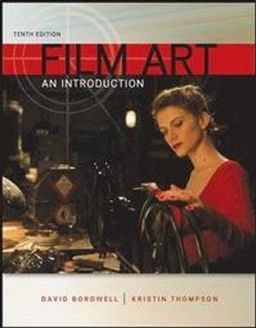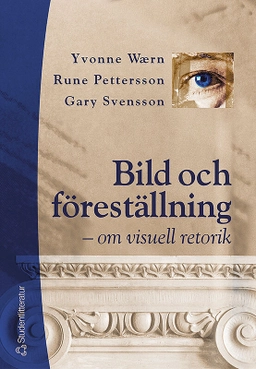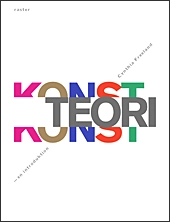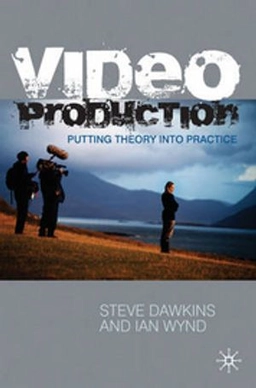Successful, forward-thinking illustrators no longer operate the way many did and still do, as merely colouring-in technicians, receiving briefs that are heavily directed and prescribed regarding content and overall visual concept. Nowadays, illustrators need to be educated, socially and culturally aware communicators, having knowledge, understanding and insight regarding the context within which they are working, the subject matter that they are engaged with, and to be able professionals working within the parameters and needs of the market place and target audiences. They need to utilise a breadth of intellectual and practical skills some that might once be regarded as transferable from other disciplines, but are now considered essential if the illustrator has ambitions to transcend the basic role of commissioned hack. This book introduces the concept of the illustrator as a specialist or authority on a particular subject or as an originator of either fiction and/or non-fiction material. Examples include: effective and creative written communication and authorship, academic research, art direction and design management.The book focuses on illustration, education and theory, in particular the latter stages of undergraduate development and post-graduate study and research: such as theoretical and intellectual processes, research and visual language. Definitions and philosophies of what illustration is are also featured, together with a relevant historical overview.
Åtkomstkoder och digitalt tilläggsmaterial garanteras inte med begagnade böcker
